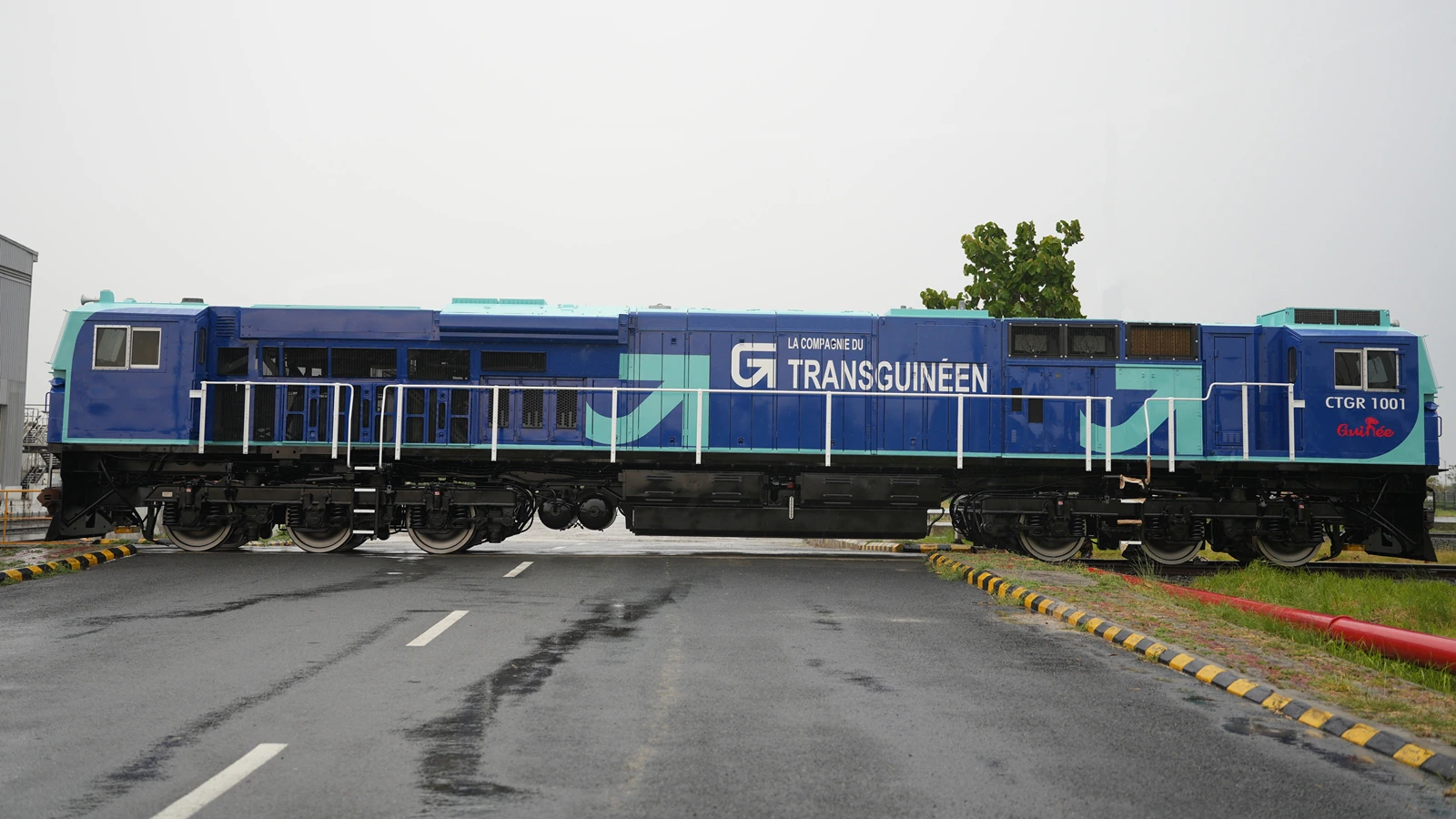India will mark a significant milestone in railway manufacturing this week as the first locally-produced locomotive for export to Africa is scheduled for rollout from the Marhowrah facility in Bihar. On June 20, the Prime Minister will officially flag off the first of 150 locomotives being supplied to the Republic of Guinea for its Simandou iron ore mining corridor.
The event is not only emblematic of India’s expanding footprint in global industrial exports but also underscores the capabilities of the Marhowrah unit—India’s first foreign direct investment-based locomotive manufacturing plant. The project is being executed as part of a commercial agreement with SimFer, a multinational mining consortium developing the Simandou iron ore reserves in Guinea. Government officials confirmed that the ₹3,000 crore deal involves the supply of 150 high-horsepower locomotives over a span of three years. Of these, 37 units are expected to be delivered during the current financial year. These locomotives, designed for heavy-duty haulage, are tailored to meet the logistical requirements of Guinea’s mining terrain and long-distance freight corridors.
The initiative forms a critical component of India’s wider strategy to deepen economic and infrastructural ties with African nations. Railways, a sector where India has long-standing technical expertise, has emerged as a cornerstone for cooperation. Through such partnerships, India aims to support industrial growth in developing countries while promoting Make in India products in global markets. Officials from the Railway Ministry noted that the Marhowrah plant, operated in collaboration with a global engineering partner, has ramped up production capacity and adopted advanced quality protocols to meet export standards. A senior railway expert involved in the project emphasised that “this is more than just a shipment—it’s India building global trust through technology and timeliness.”
The locomotives being exported are built to international specifications, incorporating modern propulsion systems, robust engineering, and compliance with safety and environmental standards. According to engineering professionals overseeing production, the locomotives underwent rigorous multi-stage testing to ensure performance under varied topographical and climatic conditions, particularly those similar to West Africa. The export project is also expected to contribute to local employment and skill development in Bihar. The Marhowrah facility has been a hub for training technicians, welders, machinists, and assembly engineers. Officials from the Railway Board stated that the success of this order could open avenues for future export contracts, both within Africa and beyond.
From a diplomatic standpoint, the export aligns with India’s Africa outreach policy under the India-Africa Forum Summit framework. This strategic partnership not only supports infrastructural development in resource-rich African economies but also strengthens geopolitical ties and market diversification for Indian manufacturing sectors. The Railway Ministry, in a statement, described the flag-off as a “historic move that puts India’s engineering prowess on the global logistics map.” The Prime Minister’s involvement in the ceremonial rollout highlights the political significance attached to the project, especially in the context of India’s ambition to become a global manufacturing hub.
Industry analysts believe this successful export deal could catalyse more such contracts under bilateral or multilateral frameworks. It also signals to global investors and infrastructure planners that Indian manufacturing is competitive, reliable, and scalable for international needs. The first shipment is scheduled to depart Marhowrah shortly after the ceremonial flag-off and will be transported via ports to West Africa. The locomotives will be integrated into Guinea’s mining and freight infrastructure, facilitating the movement of iron ore from interior mines to export terminals. The strategic importance of the Simandou mining corridor lies in its immense iron ore reserves—among the largest untapped in the world. The locomotives from India are expected to play a pivotal role in operationalising the transport chain, boosting Guinea’s export revenues and contributing to regional economic development.
Back home, the success of this export initiative could enhance investor confidence in India’s capacity to serve global infrastructure needs. It also serves as a benchmark for Public-Private Partnership (PPP) models in manufacturing, where foreign investment, local engineering talent, and government support converge to deliver high-value outcomes. As the monsoon clouds gather over Bihar, anticipation is building for what is not merely a flagging off ceremony, but a showcase of India’s industrial aspirations. The rollout of the first locomotive to Guinea symbolises a fusion of diplomacy, manufacturing excellence, and global ambition.
Also Read : Ahmedabad records 4mm rain as monsoon showers drench Gujarat


